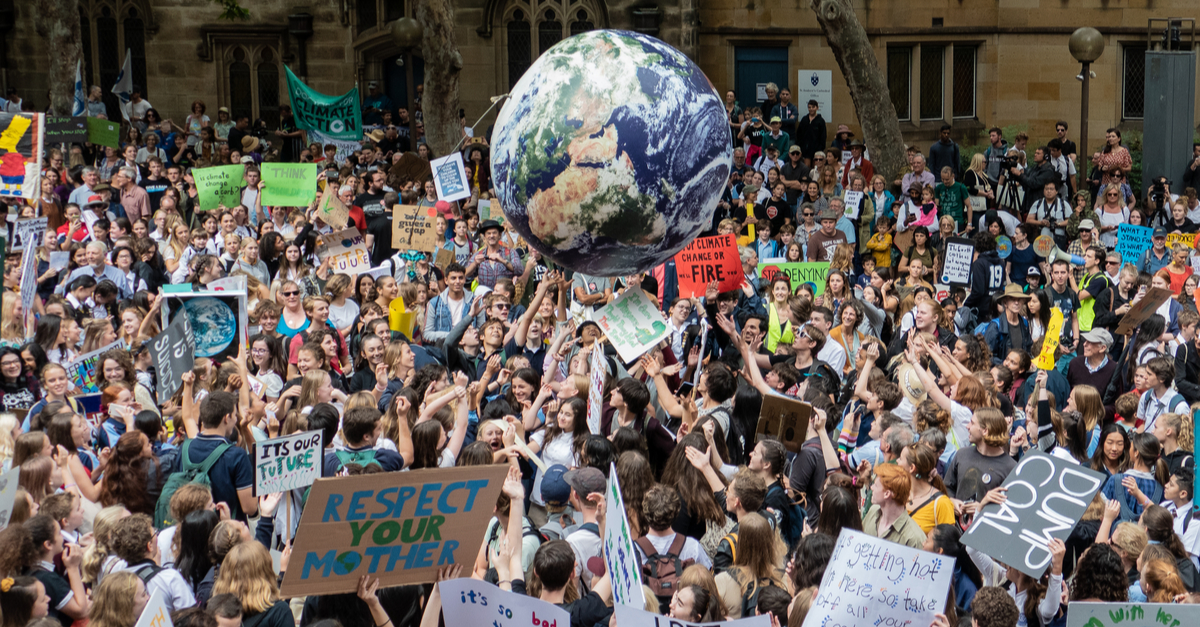
Towards a new management culture
When presenting his annual report to the House of Representatives, the National Ombudsman recently emphasized it again: it is high time that the government takes action on issues that have been left untouched for far too long. The precarious topics that keep being pushed forward, while the Dutch have such a need for perspective and real solutions. Much is promised and many plans are made, but it is time for concrete actions and speed. The citizen has failed and deserves better.
Kim Putters, outgoing SCP director, also writes in his most recent essay that the government is unable to reduce the structural dividing lines and inequality of opportunity in Dutch society. This is worrying and puts increasing pressure on confidence in the functioning of government and politics. If the government aspires to a sustainable, inclusive society, this really requires a completely different way of working.
In the Hague Affairs podcast last week, NRC journalists considered the question "When does healthy distrust take hold?" They speak, among other things, about distrust as a powerful tool, as a political revenue model and as a means to put yourself in the spotlight as a political party. Healthy distrust can benefit political decision-making, but the current, magnified distrust within politics also causes citizens to increasingly mistrust the government.
The current system seems to have had its day, it seems. It rubs, squeaks and creaks on all sides. And the more parties and citizens say that things must be different, the further the debates in the House of Representatives and surrounding areas sometimes seem to drift away from that. The Dutch want to be able to rely on political decision-making again. They need clarity and transparency, concrete solutions, a focus on inclusivity instead of exclusion, and collaboration to move forward.
How is it possible that the topics and tasks are clear, that the urgency is becoming increasingly urgent, but real solutions are often not forthcoming? Why are we years later and many victims of the benefit scandal have still not received their money? How is it possible that we first give young people without a residence permit a chance, but their lives come to a standstill from the day they turn 18? How is it possible that we have so many beautiful, high-quality facilities in our country, but those who need it most never manage to reach these facilities? In short: how is it possible that the government is there for the citizen, but fewer and fewer people actually experience it that way?
The answer to these types of questions is not easy. But in essence, in my opinion, it comes down to clear roles, responsibilities and perseverance, a sharp joint focus on the biggest social problems and the expressed ambition to tackle them as a cabinet (or council). With the people involved as a central starting point; from the outside in and not the other way around. And in new ways, because when you do what you always did, you get what you always got. When will we learn from this?
In the run-up to the national elections last year, my colleague Mayke van Keep made a speech to create a cabinet with portfolios that people understand. Portfolios that emphasize which social issues will be solved. A minister of Affordable Housing for Everyone, a minister against Loneliness, a minister of Everyone Participates. In this way, work and therefore the realization of solutions are not limited by the boundaries between ministries, the tubes or columns and ministers can actually create solutions and ensure their implementation. Clear tasks and ambitions, clear responsibility and a new way to realize those ambitions.
Eva Rovers recently presented another idea in her pamphlet Now it's up to us; “because the democratic instruments of existing politics fail to introduce and implement the right policy, it is time for new instruments.” To this end, she presents the Citizens' Council, in which a group of drawn citizens should consider a social problem and come up with new instruments and proposals. Based on conversations with experts and stakeholders, with focus and without political importance. A clear problem and the targeted ambition and focus to tackle it in a new way.
Kim Putters also mentions in the essay cited above the need to (better) anchor the citizen's perspective in political decision-making. By focusing on the human dimension, politicians can visualize how people can and want to participate, talk and decide. There are no fixed and evidence-based or neutral solutions available for the dilemmas that come to light. The human dimension can help to regularly test policies for impracticability, unjust outcomes and undermining of the social contract. It should help prevent the same groups from being affected again and again by social changes or the consequences of government policy.
And there are many more people with new ideas and the ambition to use them for a fairer, more inclusive Netherlands. Whichever route we choose, it's time for a new perspective. Time for focus and real, concrete ambitions and actions. Time to work from the outside in and time to no longer let “the system” slow down the urgency we all feel. We still see little of the new administrative culture. Politics in The Hague is increasingly getting bogged down in endless conversations about itself. Whether it concerns text messages, the merger of political parties, mutual etiquette or the morals within political parties; Society will not benefit from it and citizens will not gain much from it!
Talking endlessly has never made anyone better. Neither does using “the system” as an excuse for change. I don't want to wait any longer, no longer want to hear that it is sticky or difficult to change and grumble about it. I want to help build better, get started, from the outside in. Adding a new perspective, an eye for people in everything we work on, courage to persevere, not waiting for others to bring about change. Are you participating? All in our own way, a stone in the pond. No more ignoring or putting up with it, but pulling together for a better future for everyone!
Written by Jannelieke, Deputy Director at Issuemakers



